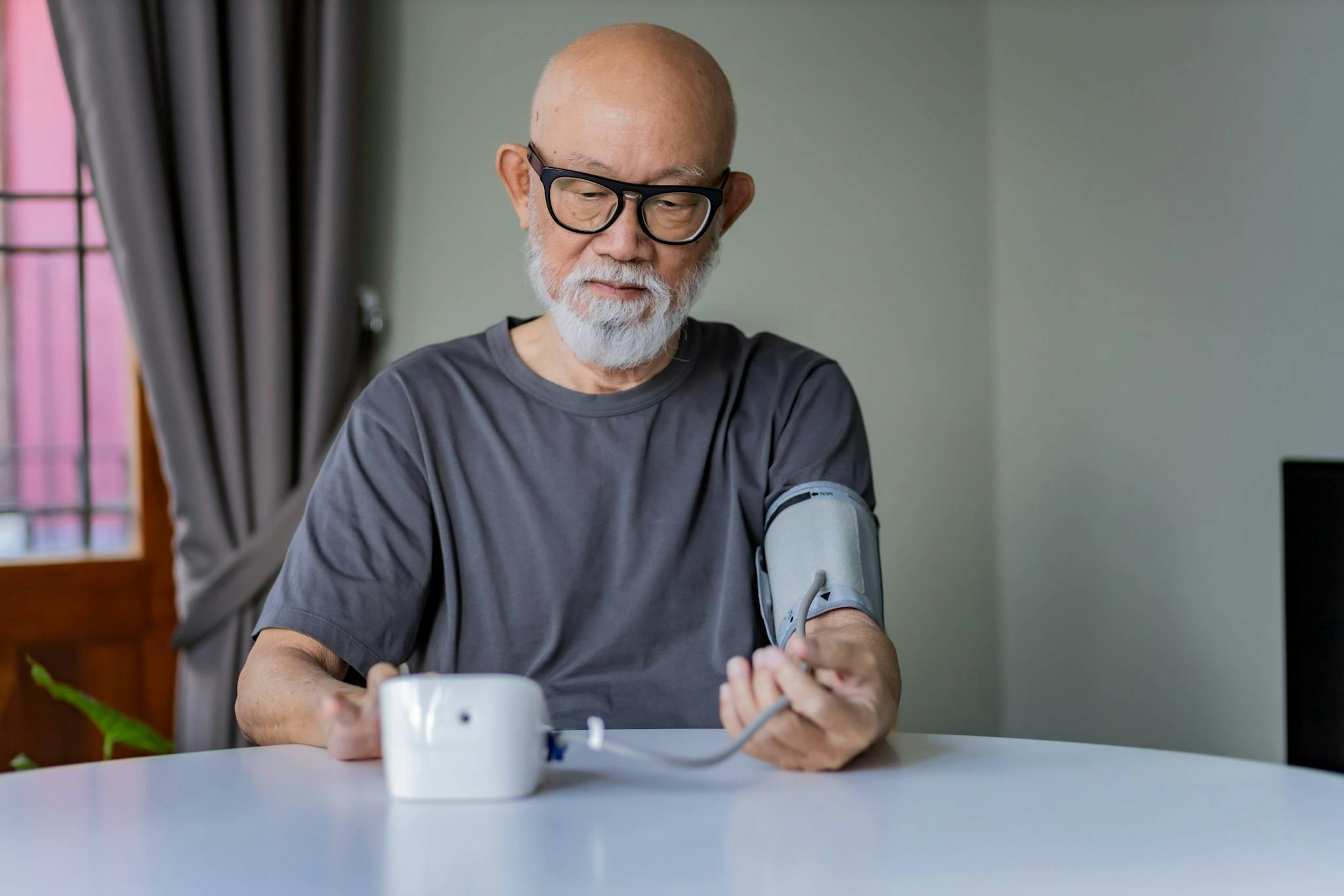
2024-02-12T10:43:02
Caramel Kettle Popcorn
- Cardiology
- Recipes
February 23, 2022 | Cardiology
Specialties:General Cardiology

According to the American Heart Association, more than 800,000 people die every year due to cardiovascular diseases. That’s why it’s so important to understand the signs and symptoms of heart failure in both men and women and work to prevent heart disease in the first place. If you have a pre-existing heart problem, however, the following four advancements in heart disease treatments may help you find solutions to improve your heart health.
For many years, heart failure was treated with medicines that lower blood pressure, improve the heart’s ability to pump, slow heart rates, improve heart rhythms, and prevent scarring. While these medicines have helped many patients, new medicine options are surfacing that many health professionals believe will be even more effective in improving overall heart health. Some of these medicine options include the following:
By 2030, it’s estimated that over eight million adults will have a form of heart failure, a 50% increase since 2010. The good news is that there are many new and emerging advancements in digital health technologies that may help improve patient outcomes, including:
Recent developments in pacemaker technology have surfaced in 2022 that may re-establish a heart’s irregular beat. The Centre of Heart Research at the University of Auckland has spent the last decade monitoring human hearts to improve pacemaker technology. Julian Paton, lead researcher for this study stated, “Currently all pacemakers pace the heart metronomically, which means a very steady, even pace. But when you record heart rate in a healthy individual, you see it is constantly on the move.”
While pacemakers currently create a metronomically steady beat, the bionic pacemaker introduces a natural variation in the heartbeat. In addition to improving a patient’s overall energy, this pacemaker offers a 20 percent improvement in the heart’s ability to pump blood throughout the body. Further studies need to occur before this technology can be officially introduced, but the future of pacemaker technology looks promising.

A small study recently conducted by Hesham Sadek, MD has shown promise in the development of regenerative heart therapies. This study found that mechanical heart technology can generate new muscle tissue for patients experiencing heart failure. Future research will focus on replicating the results of this study in larger experimental studies.
With so many new technological advances, and more coming every year, there are many reasons to be optimistic about the future of cardiac care. Your healthcare team will determine if any of these new treatments are right for you and if they can help you reduce the risk of cardiovascular disease. If you have any concerns with your heart health, text or call your Revere Health cardiologist to discuss treatment options.

WRITTEN BY:
Lindsey LeBaron
Lindsey LeBaron has been working as the Marketing Assistant for Revere Health for the past three years. Lindsey has a bachelor’s degree in social sciences at Brigham Young University and will graduate with her master’s degree in global strategic communications at Florida International University in December 2021. Coupled with her master’s degree, Lindsey is also working on a certification in crisis management and consensus-building. Recently, she was awarded the honor of joining the National Communications Association as a member of the Lambda Pi Eta honor society. Lindsey is passionate about building lasting connections between communities to create lasting change and believes that communication is a vital element to building long-lasting relationships. When she is out of the office, Lindsey enjoys singing and playing the piano, going on adventures, traveling to new locations, and reading books about world affairs.


2024-02-12T10:43:02

2024-02-05T15:00:39

2023-03-21T11:33:07

2022-12-15T13:51:19
This information is not intended to replace the advice of a medical professional. You should always consult your doctor before making decisions about your health.